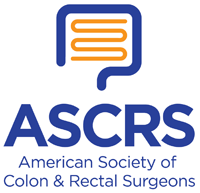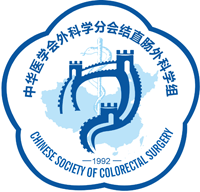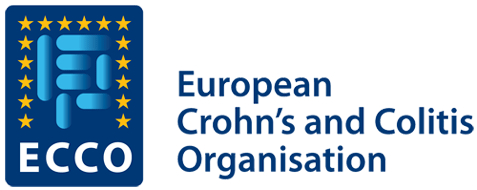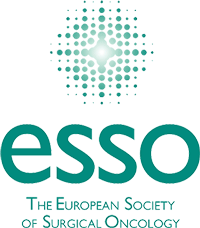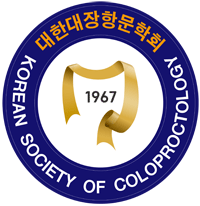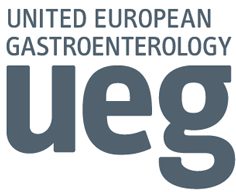We talked to Professor Donato Altomare, who discusses his role as Chair of the Programme Committee and some of the highlights from the Barclelona 2014 scientific programme.
 You are currently Chair of the Programme Committee, what are the roles and responsibilities of the committee?
You are currently Chair of the Programme Committee, what are the roles and responsibilities of the committee?
The Programme Committee is composed of a group of personalities who are very active in all the fields of coloproctology. They must be up-to-date, active in research and have an extensive knowledge of the literature and authors throughout Europe.
Their role is to select the most innovative/controversial topics and to choose the best speakers for each topic in order to attract attention and interest of colorectal surgeons to come to the meeting. Another role of the committee is to select anonymously the best papers presented. Selection of attractive topics is the key for a successful meeting
How many abstracts submissions have you received this year, how many have been accepted and how are the abstracts reviewed?
We received a total of 741 submissions, and accepted 598 of these across five categories: the Six Best paper session, free papers, oral posters, lunchtime posters and posters. The abstracts are allotted to five categories (cancer, proctology, IBD, functional/pelvic floor disease and miscellaneous) and peer-reviewed and scored blindly by five group of five experts in each field. The final selection is actually based on the best score in each category.
This contribution to the meeting is of outstanding importance since it represents the core of the research in coloproctology, what will shortly appear in international literature
Why should colorectal specialists from all over Europe attend the meeting?
The annual ESCP meeting is a unique occasion to update the scientific knowledge in the field of coloproctology, to present and discuss you own work before a highly qualified audience, to meet experts and friends.
The wide and interesting topics selected every years cover any field of interest for a colorectal surgeon.
In addition to the scientific program, the meeting includes an important and growing educational programme including basic science (pathology, radiologists), methodology of research and practical issues clearly explained by experts. Furthermore, the Research Committee promotes multi-centre trials across Europe, which are presented and discussed. A unique occasion to involve surgeons from all the EU countries in important trials and to access to European funds for research.
Other traditional sessions such as the Video sessions and the Consultant Corners continue to attract the attention and the active participation of a large audience of colorectal surgeons for their informative and educational content
For the first time in Barcelona, we will have joint scientific sessions with other societies (European Association of Endoscopic Surgery and European Crohn and Colitis Organization), and we will be developing a closer relationship with these societies in the future.
Finally, the meeting is also the elective place for the EBSQ exams to get the much-esteemed qualification of the ESCP for the colorectal surgeons
What are the aims and themes of this year’s meeting?
The main symposiums will focus on some advanced techniques for laparoscopy (the single port laparoscopy), the management of complications and recurrences in proctology, new strategies in the treatment of rectal cancer and colonic polyps, the functional outcome of pelvic surgery and its impact on the quality of life, non IBD colitis. However, almost all the hot and controversial topics in coloproctology will be faced and updated by the keynote lectures and round tables included in the program.
Is there anything new on the scientific program this year?
The framework of the congress has been made more and more complex and articulated, in particular the Educational sessions have been very much expanded to now including video sessions, meet the expert session, a trainee round tables, an interactive trainee workshops and practical workshops which have been added to our traditional 'how to write a paper' and practical workshop on pelvic floor functional diseases. The Educational Committee (chaired by Klaus Matzel, Germany) has done an intensive work this year.
Also, the research part of the meeting has been expanded including presentation of guidelines on topics selected be the Research Committee (chaired by Dion Morton, UK) and by the presentation of a rich ESCP portfolio of prospective trials opened to the participation of new colorectal surgeons.
There are also several presentations/keynote speakers from outside of Europe, how important is it for the ESCP to include and embrace colorectal colleagues from outside of Europe?
ESCP is open to any contribution to the improvement of knowledge in coloproctology and quality of care for our patients from the entire world. In this regard a close relationship has been established with the American Society of Colorectal Surgeon (one of the Keynote lectures is assigned to the ASCRS president and the ASCRS reciprocate the invitation to our president in their congress). A special Free Paper session has been dedicated to Visiting Fellows from USA and Japan. Furthermore, outstanding colorectal surgeons outside Europe have been invited to give their contribution (from New Zealand, Australia, Brazil, Chile, etc). Further international relationships with Latin America, Korea and China are in still their infancy, but growing.
What sessions or presentations are you particularly looking forward to in Barcelona?
All the sessions are of major interest and it will be hard to choose which of them to attend when presented simultaneously. I am personally interested to see how the expanded Educational Program will meet the favour of young trainees who represent our future and hopes.
How has the ESCP annual meeting grown over the last few years and do you think it has become more influential?
Delegate numbers have increased steadily each year, we have seen steady growth from ESCP’s first meeting in Lisbon in 2006 when we registered just under 600, to last year in Belgrade when we registered just over 1,000 delegates. This year’s meeting already looks like it will show us yet more growth based on current registrations.

